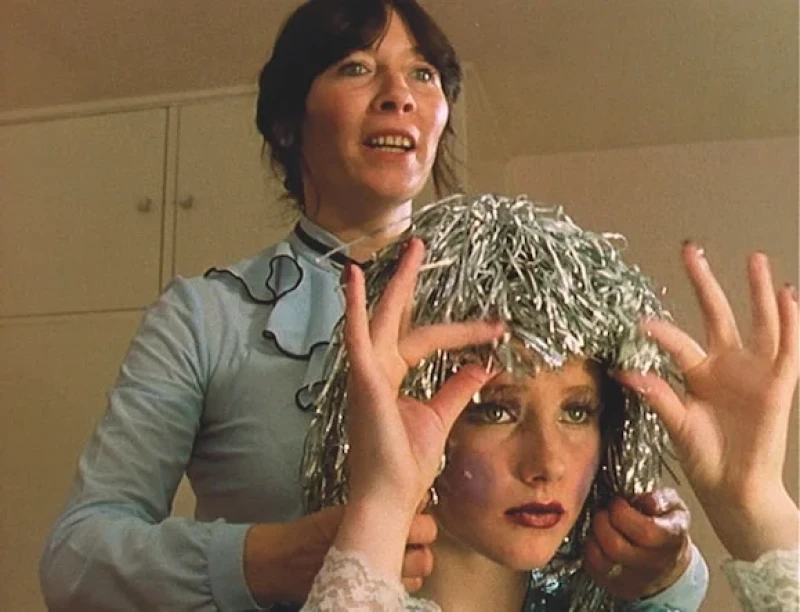About Amber Films
Amber Films, whose work is inscribed on the UNESCO "Memory of the World" register, is a pivotal figure in both British documentary arts and the global history of integrated collectivist arts practice within cinema. Renowned for its deeply immersive approach, Amber's members lived within communities for years, earning trust and crafting authentic narratives.
Notably, their women-led documentary drama practice, shaped after Ellin Hare joined the Collective, showcased personal experiences ethically by anonymising subjects. Despite its significance, this practice has only recently gained recognition, reflecting the Collective's ethos of avoiding individual credit.

Amber played a key role in shaping British cinema, particularly as a key player in negotiating the Workshop Declaration and partnering with Channel 4, which provided financial support and creative freedom. This led to diverse outputs, including the creation of the Amber Current Affairs Unit, created initially to co-ordinate work on the NUM (National Union of Mineworkers), and the production of more responsive works like T. Dan Smith (1987) and From Marks & Spencer to Marx and Engels (1989).
"Amber’s achievement was, as commentators almost universally concur, to prioritise the perspectives and inputs of the communities they depict. What emerges upon subsequent analysis of Amber’s filmmaking is the group’s unwavering responsibility towards those they represent."
The focus of Sirkka-Liisa Konttinen’s PhotoFilms, such as Byker (1983) and Letters to Katja (1994), shifted Amber's storytelling towards personal and feminine perspectives, contrasting the earlier male-centric labour themes. Alongside these works, documentary drama as a practice was established within the Collective's work with films such as Seacoal (1985) and In Fading Light (1988), aligning with British social realist cinema while remaining accessible and emblematic of Amber's legacy.
The Collective's unique combination of embedded community engagement, ethical storytelling, and diverse thematic exploration cements its unparalleled contribution to British and global cinema.
"Part-art cinema, part-documentary, Amber's evolving humanist aesthetic has produced a body of work that in its integrity, honesty and commitment, remains one of the great unsung achievements of British cinema."

